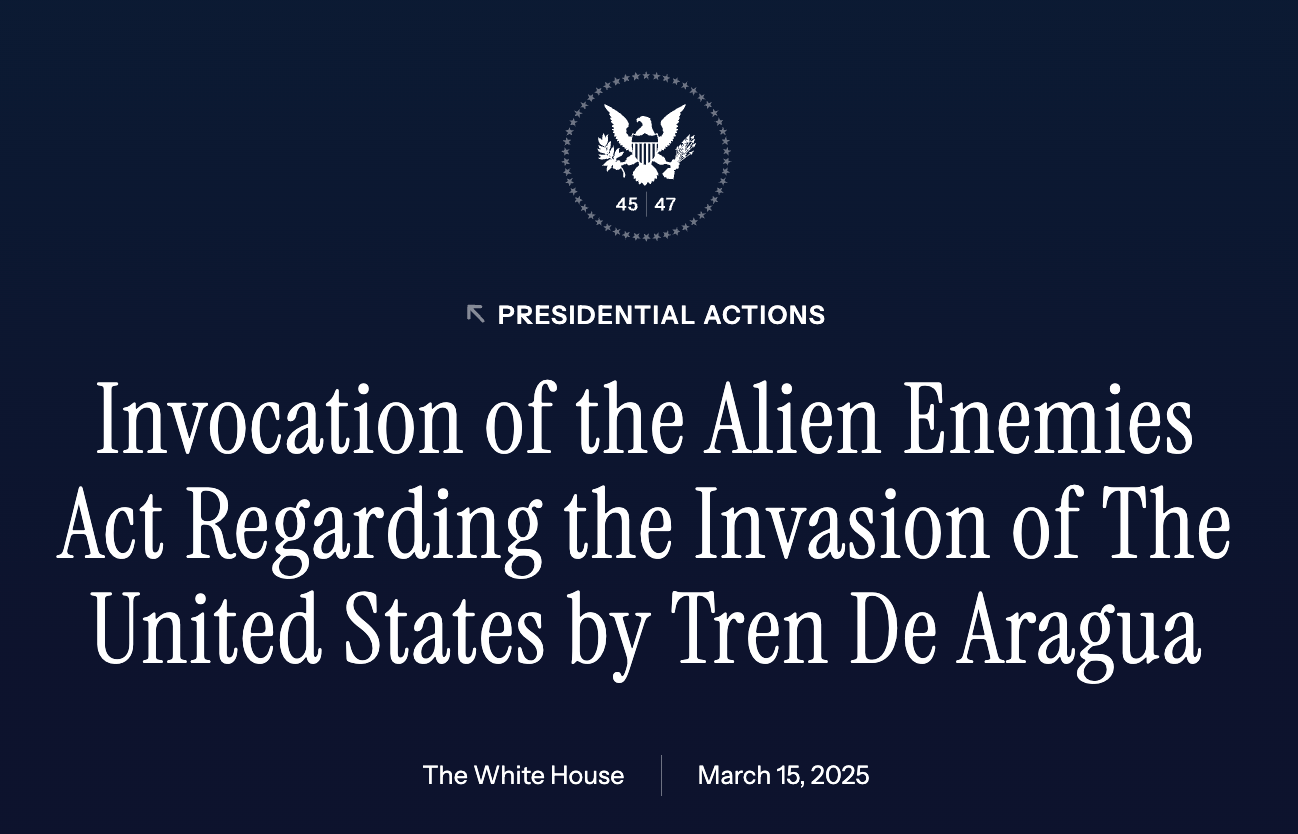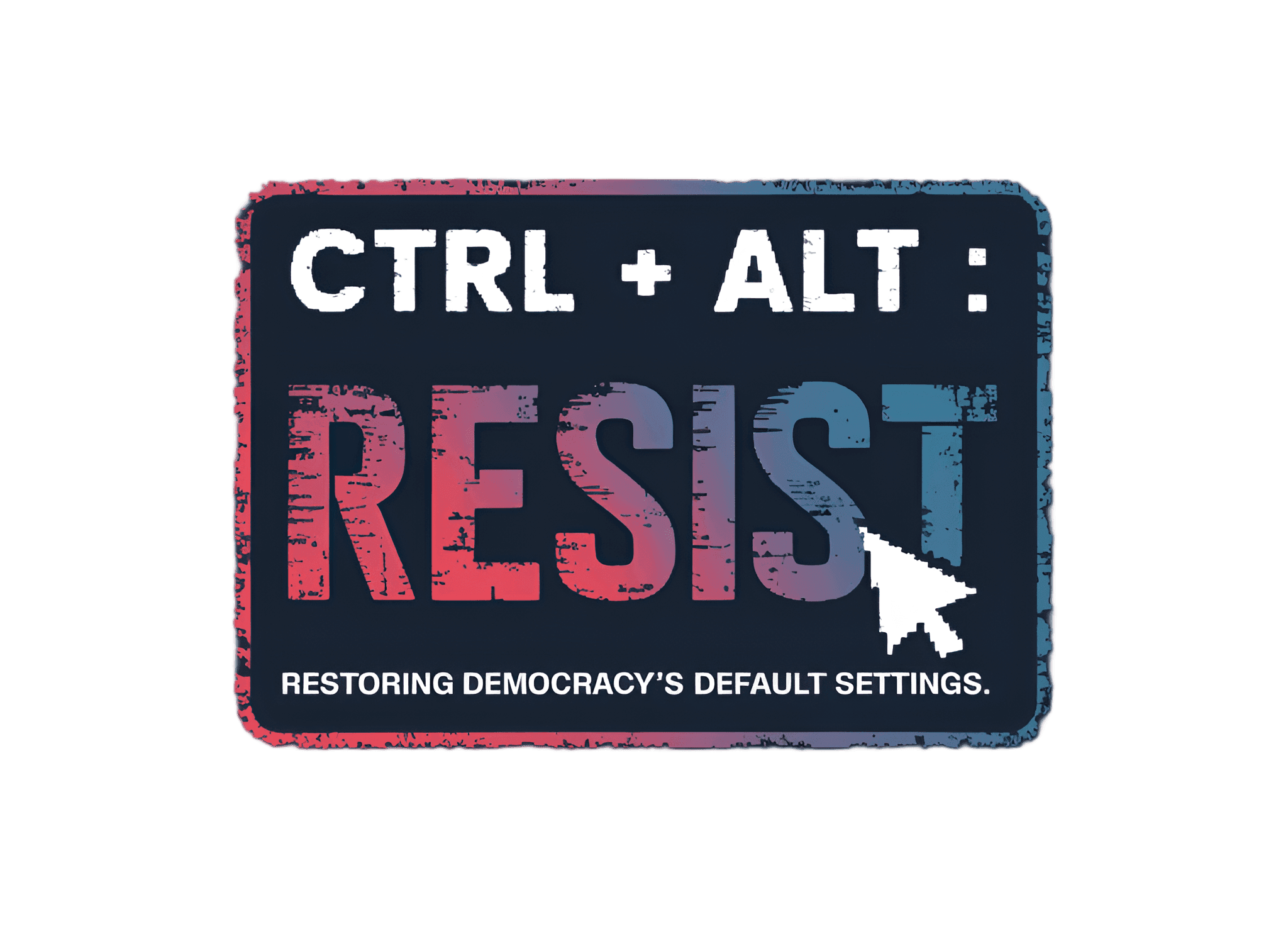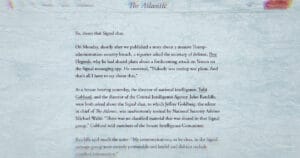
White House Confusion Grows After Trump Denies Signing Migrant Expulsion Order
Jump to:
President Donald Trump’s evolving stance on a bold deportation strategy has thrust both his White House and the federal judiciary into a tense impasse. On one hand, his administration has employed the Alien Enemies Act of 1798 to swiftly remove Venezuelan nationals alleged to have ties to violent gang activity. On the other, Trump himself questioned whether he had signed the official proclamation authorizing this aggressive move, despite the document in the Federal Register bearing his signature.
The fallout has been immediate: Judge James Boasberg, presiding in Washington, is demanding a clear explanation for late-night flights that seemed to ignore his temporary order blocking these removals. Trump’s own staff struggles to reconcile the president’s remarks with a White House statement that portrays him as fully endorsing—and personally signing—the measure.
Background and Context
The Alien Enemies Act forms part of the Alien and Sedition Acts passed in 1798. Historically invoked in situations of war or hostile conflict, the law permits the president to detain or deport nationals from “enemy” countries. Previous uses most notably occurred during World Wars I and II. However, using it against Venezuelan migrants—allegedly affiliated with the Tren de Aragua gang—pushes the statute into uncharted territory.
Tren de Aragua, reportedly based in Venezuela, is designated by the administration as a Foreign Terrorist Organization. The group is accused of orchestrating violent crimes, narcotics trafficking, and human smuggling. Homeland Security officials argue the threat is too grave to handle via conventional deportation procedures. They frame the move as an urgent national security measure, calling it critical to removing dangerous actors swiftly from U.S. soil.
This legal approach marks an escalation of Trump’s broader immigration crackdown—one that has also featured the potential invocation of the Insurrection Act for domestic military deployments. Civil liberties groups maintain that the White House is building an “escalation path” through overlapping executive orders, proclaiming a “national emergency” at the southern border and significantly expanding the role of U.S. Northern Command in immigration enforcement.
Judge Boasberg’s Demands and Trump’s Response
When the administration proceeded with deportation flights to El Salvador and other countries, Judge Boasberg intervened, initially blocking the removals to allow legal challenges. Yet some flights allegedly continued, prompting the judge to accuse officials of ignoring or misunderstanding his orders. “Who ordered this, and what are the consequences for flouting a federal injunction?” Boasberg asked in open court, cautioning that he would “get to the bottom” of any improper actions.
President Trump’s public comments have only muddied the situation. Asked about the judge’s rebuke, he insisted, “I don’t know when it was signed, because I didn’t sign it,” before praising Secretary of State Marco Rubio for “handling it.” Moments later, a White House statement claimed Trump was referencing the original 1798 law, not the newly signed executive order. The discrepancy has fueled speculation of disarray in the administration, especially as deportation flights allegedly took place “in the dark” to expedite the removals.
Legal and Political Implications
Critics argue that even if the administration’s national security concerns have merit, relying on a centuries-old wartime statute for modern immigration enforcement sets a dangerous precedent. If the courts affirm that such powers are unreviewable, any president might wield them in ways that bypass established judicial scrutiny for deportations. Constitutional scholars caution that expanding the definition of “enemy combatant” or “invasion” to include non-state actors like Tren de Aragua could erode essential due process protections.
Additionally, Trump’s direct call for impeaching Judge Boasberg over unfavorable rulings has sparked alarm, with Chief Justice John Roberts previously pushing back against public attacks on the judiciary’s independence. The friction underscores a broader climate of distrust between the executive and judicial branches. Political observers note that this tension, combined with Trump’s repeated vows to use every tool to curb what he deems an “invasion,” leaves the future of U.S. immigration policy in flux.
Looking Ahead
The next steps hinge on pending legal decisions. Judge Boasberg continues to demand clarity on whether federal officials defied his injunction and who might be held accountable. In parallel, civil rights groups are mobilizing for a broader constitutional challenge, arguing that the Alien Enemies Act cannot be stretched to justify routine deportations of noncitizens.
If the administration doubles down on the measure, Congress may face pressure to revisit the Alien Enemies Act, last substantially amended in the early 20th century. A legislative overhaul could clarify the limits of presidential authority to remove foreign nationals absent formal war declarations. In the meantime, the fate of already-deported Venezuelan migrants and those still awaiting removal remains uncertain—caught in the high-stakes interplay of executive action and judicial oversight.
Conclusion
Trump’s back-and-forth statements on the Alien Enemies Act deportation order highlight a contentious legal question: Can the president rapidly expel specific groups of noncitizens under a law intended for wartime “enemy” nations? The unfolding court drama, featuring Judge Boasberg’s heated inquiries and the administration’s contradictory explanations, will shape not only individual lives but also the scope of executive power in future immigration battles.
What are your thoughts on this issue? Join the conversation below.



